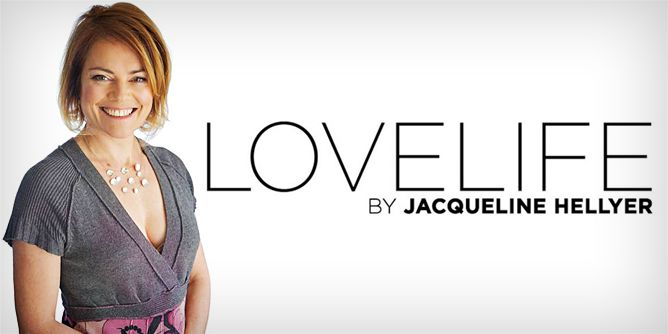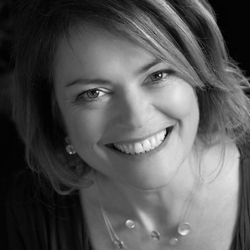Do your Research!

Article originally posted on The Love Life Blog
Sex is the one thing in life we seem to think should just happen ‘naturally’ without any focused attention and study. Which is completely absurd, and one of the reasons why people don’t have good sex lives!
The only ‘natural’ part of sex is the basic putting-penis-into-vagina, which anyone can manage with a modicum of bumbling and fumbling around. To do any more that requires application and research. Yes, research - trying things out, exploring, making mistakes, being creative, and discussing what you’re discovering.
I take my research seriously. As my partner said to me with a mock pout not long after we got together: “I’m just a guinea-pig to you, aren’t I?” I had to agree it was true to an extent. I do want to know what he’s doing when it feels good to me, what I’m doing when it feels good to him, how it feels with subtle changes and different approaches. This is how we get to know each other’s bodies, arousal and eroticism. Without that we’d just be thrashing around in the dark.
I tell my clients and workshop participants, get down and have a good look at your genitals and your partner’s genitals. Go for an explore, with sensual touch of course, and get to know your genitals thoroughly. Get to know what feels good, where and how. Get to know how the feeling changes with different states of arousal. Explore different feelings and sensations. Find different ways to get to orgasm and experience different types of orgasm.
Ideally your early sexual experiences would have had a strong element of natural curiosity (fortunately mine did, I was blessed with a wonderful young lover). You would have been two young people exploring and discovering with gentleness and opening up to the full potential of their sexuality. Then you would have carried this sense of curiosity throughout your lives, constantly seeking to explore and discover your partner and find ever more wonderful ways of connecting.
Unfortunately most people’s early sexual experiences were nowhere near as tender and beautiful as this. More likely they had the opposite effect, shutting people down early on and making them reluctant to expand.
Even if it did start well, you can easily fall into the know-each-other-too-well syndrome, where you get locked into views of each other and feel there’s nothing more to explore. You accept that you’re just the way you are and sex is going to be just the way it is (which usually means it gets gradually worse over time).
Worse still, and so common, is that people lose their sense of self in the relationship and can no longer push their boundaries for fear of the other’s reaction. This more than anything keeps people locked into routine sex: “I’m not going to say or do anything for fear of how s/he might respond.”
But you have to do your research, and you have to discuss what you find (unless you’re single and doing solo sex research, which is also very important). That means talking about it, as you do it and after you do it.
Considering your sexual experimentation as ‘research’ can make it easier to do and easier to discuss. If you know you’re experimenting, then it matters less if you ‘fail’, in fact, finding what doesn’t work or feel good is just as important as finding out what does.
It’s a collaborative project, team-work, you’re both on the same side seeking the same outcomes. With this approach, you can’t get it wrong.
And you know what? It’s fun!



Likes & Comments
Comments (1)
MadamMistress